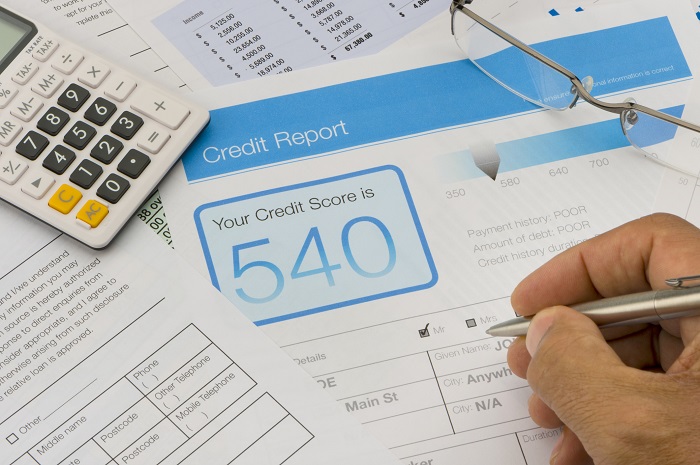 Low credit scores might impact your ability to qualify as a renter on a home or other property. You also might run the risk of having to pay higher renters insurance prices because of your low score. Why does this occur? What can you do to improve your credit outlook?
Low credit scores might impact your ability to qualify as a renter on a home or other property. You also might run the risk of having to pay higher renters insurance prices because of your low score. Why does this occur? What can you do to improve your credit outlook?
Personal credit is an important financial tool for most Americans. It might help you be able to rent or even buy the property of your choice. So, improving your credit can serve as a big help to you as you plan the future.
Why Credit Impacts Property Qualifications
To rent or own a home you will have to provide payment. You will also have to pay these costs on time. You can’t skip payments, and you usually can’t pay late without paying a penalty. Otherwise, you might face eviction from your property and even legal action.
A low credit score often indicates that you might have significant debt. It might also show that you have trouble paying bills. The more such instances occur, the lower your score might drop. Scores range between 300 - 850. Scores around or below 600 might signal a credit risk.
To a property rental company, your low credit might signal that they cannot invest in you. In simple terms, they might see the score as a reason not to trust you. They might see it as evidence that you might not pay your rent or other occupancy costs.
As a result, the landlord or property company might deny your application to rent. In other cases, they might require you to co-sign the lease with someone with better credit. In those cases, the other party acts as something of an insurance policy. They might have to pay in case you can’t meet the rent costs on your own.
Consider your ability to secure a home as one of the biggest reasons to work towards good credit. Good credit might even help you buy a house someday, rather than only renting.
Why Credit Impacts Insurance Risks
With low credit, you might have trouble even if you can qualify for a rental home.
Most property managers and landlords will require their tenants to carry renters insurance. Your policy will likely cover liability risks you pose to the property itself and to others. It will also include possessions insurance to protect their own belongings.
Like with most insurance, renters premiums will vary based on a policyholder's risks. So, if you have higher risks, your policy will likely cost you more compared to that of someone with low risks.
Many factors help your insurance company determine your premium. The amount of coverage you carry, the value of your possessions and your claims history might factor in. Your credit score will almost always factor into this equation as well. The reason it does so is it demonstrates your reliability to an insurance company.
Your insurance company expects you to pay your insurance payments on time. If you don’t, then they often have the right to revoke your coverage. That’s a cost risk to them. Since low credit scores often demonstrate someone’s financial insecurity, then yours might make an insurer hesitant to cover you. It might show to them that you have a high risk of not paying at all. They might refuse to cover you or charge you higher premiums.
Some evidence suggests that people with low credit have a high chance of filing insurance claims. For example, if you already have financial trouble, you might have to rely more on your policy to pay for losses. That’s a cost to the insurer. So, they might have no choice but to charge you more to cover that added risks.
Improve Credit, Save on Insurance
The better your credit, the more financially reliable you might prove. You might not have to pay as much for your renters insurance coverage. What are some of the ways you can improve your score?
- Pay all your bills on time and in-full. You can avoid late fees and will look a lot more trustworthy to your lenders.
- Try to avoid racking up significant debt, particularly credit card debt. Everyone likely carries a little debt. However, significant debt will often become a burden on credit.
- Do not take out multiple loans, particularly at one time. If you do, it might signal to creditors that you are desperate for fast money. That might signal a lack of current solvency.
- Check your credit report at least once per year. If you notice any lines of credit that you do not recognize, it might signal that someone has tried to defraud you. Have those lines removed through the proper channels so that they don’t continue to impact you.
Major credit monitoring services like Experian®, Credit Karma® and FICO®, track credit ratings. They will track changes in your overall credit to always keep your score up to date. So, if you want to check your credit, go through these sources.